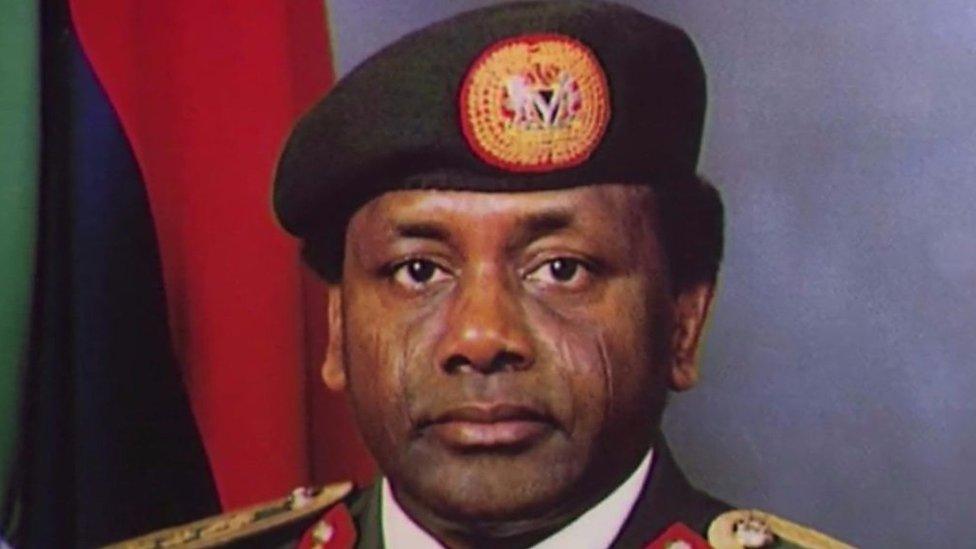Former Nigerian dictator's £210m seized from Jersey account
- Published
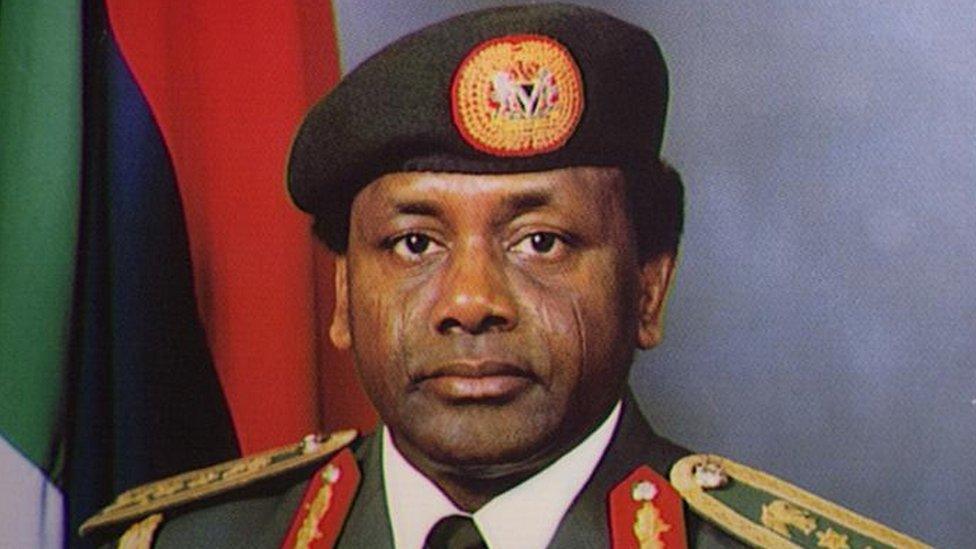
The late ruler is suspected to have embezzled about $2.2bn from Nigeria's central bank
More than $267m (£210m) belonging to a former Nigerian dictator has been seized from a Jersey bank account.
The money was "derived through corruption" during the presidency of Sani Abacha in the 1990s, according to Jersey's Civil Asset Recovery Fund, external.
A shell company called Doraville held the funds, which were frozen in 2014.
After a five-year legal wrangle, the money has now been recovered and will be split between Jersey, the United States and Nigeria.
Jersey's attorney general, Robert McRae QC, said the seizure "demonstrated [Jersey's] commitment to tackling international financial crime and money laundering".
Mr Abacha was in power from 1993 until his death in 1998.
It is not yet clear how much money will be kept by each government.
Jersey's Law Officers Department declined to comment on the final distribution of the funds because it could "prejudice ongoing discussions".
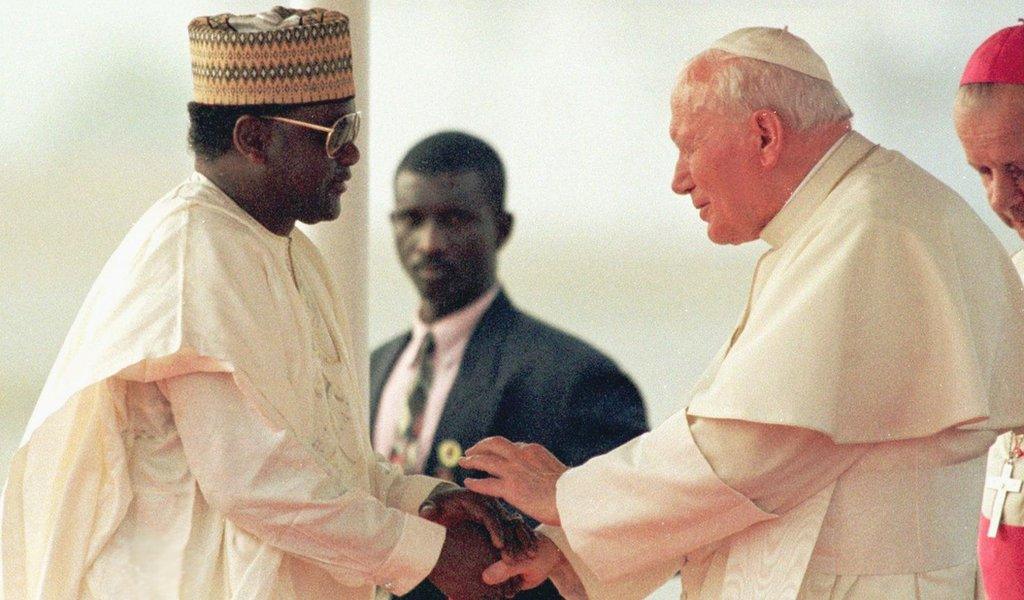
Sani Abacha met with former Pope John Paul II in March 1998, shortly before his death
Jersey's government said it had approached the US in 2007 to request legal proceedings begin in US courts over the laundered funds.
The US Department of Justice itself has forfeited millions of dollars of money back to Nigeria, ruling Mr Abacha and associates laundered funds through the US banking industry.
Following an "extensive" collection of evidence in a variety of international jurisdictions, the funds were frozen by the Royal Court in 2014 and finally paid into the Civil Asset Recovery Fund on 31 May.
The money is just a fraction of the billions of dollars that were allegedly stolen and laundered during the presidency of Mr Abacha.
Swiss authorities last year returned $300m (£228m) to the Nigerian government, after it was found to have been stolen from public funds.
That money is being paid back to 300,000 Nigerian households over the next six years.
A spokesman for Jersey's Law Officers Department said it had faced "challenges and appeals" all the way to Jersey's highest court, as well as "separate proceedings" by a third party in US court.
- Published29 May 2019
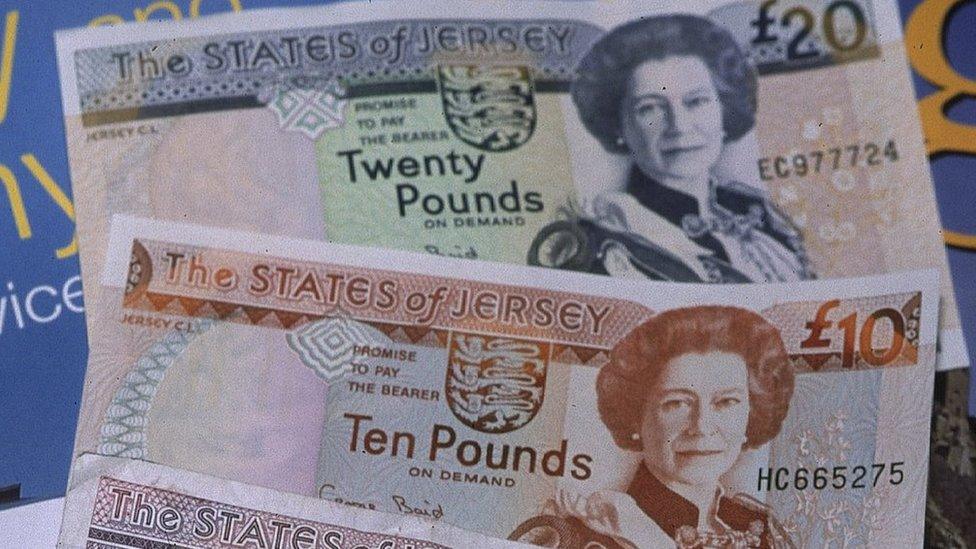
- Published3 April 2019
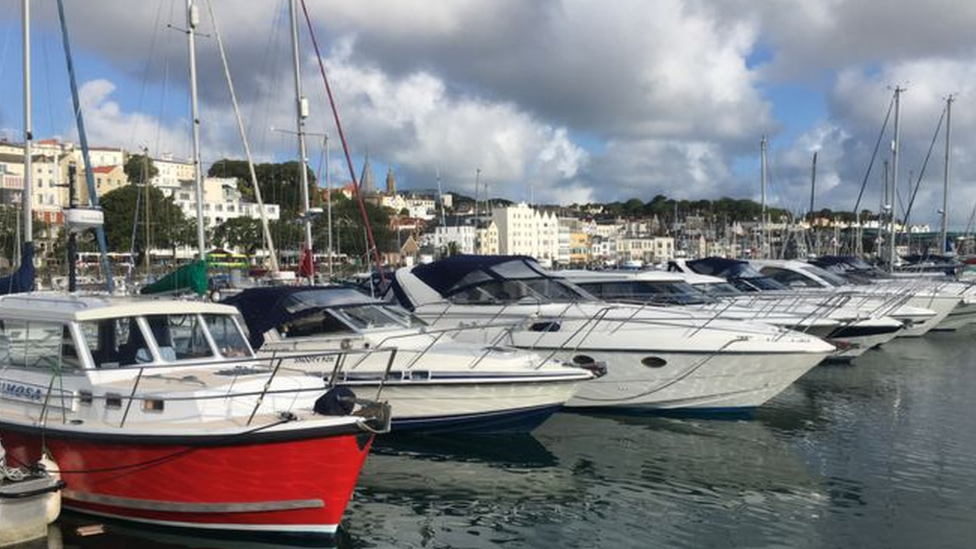
- Published2 March 2019
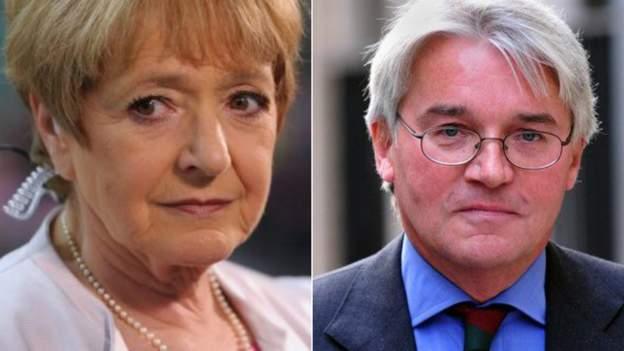
- Published29 June 2018
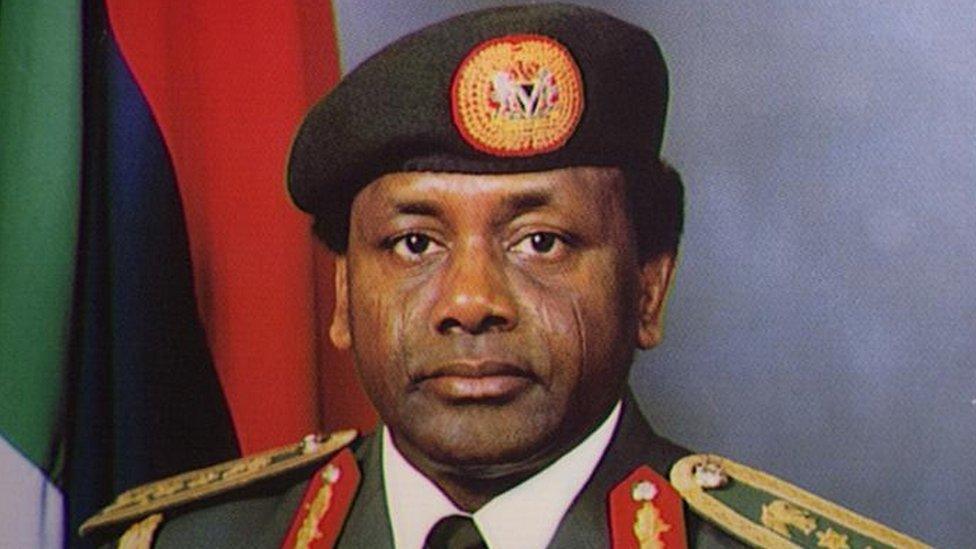
- Published8 June 2018
